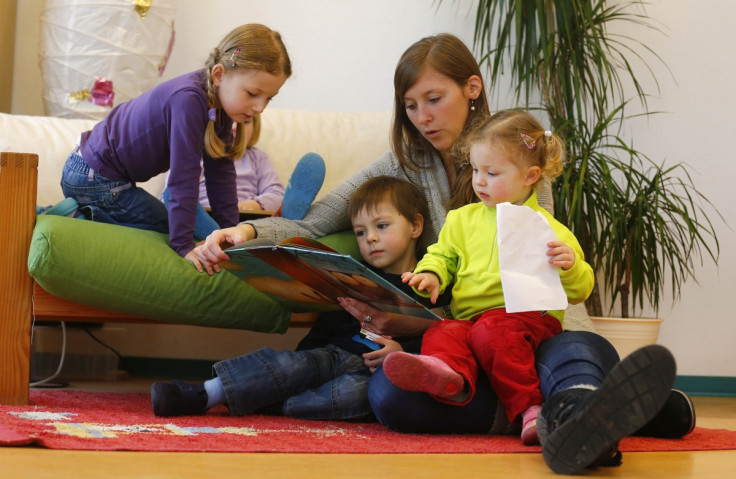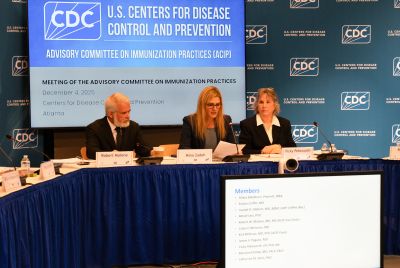Universal Credit to boost childcare payments by 47% following government funding
In the largest expansion of childcare in the UK, maximum childcare payments from Universal Credit will rise by 47 per cent from June 28th.

Today, the Department for Work and Pensions (DWP) announced a fundamental rise of 47 per cent – up to £1,630 per month – in childcare payments from Universal Credit, with the additional financial support of over £522 for low-income families. This boost marks the first step in the Government's largest-ever expansion of provisional childcare support worth a total of £900 million that families will be able to access from June 28th.
The DWP will raise the £900 million that parents in the United Kingdom can claim back in monthly instalments for their childcare costs, including up to £951 for one child and over £1,600 for two or more children. Compared to the previous limits to childcare payments that included £646 for one child and £1,108 for more children, this boost serves as a way of helping parents regain employment, progress in their careers and grow the economy.
Thousands of parents will be offered immediate support from the DWP with their first bill, along with assistance with budgeting. Concurrently, the Government will help eligible parents by covering the payment for their first month of childcare when they enter work or have their hours increased. These parents will also receive up to 85 per cent of their childcare costs back before the deadline for their next month's bills, which allows them to pay one month in advance.
Alongside the plan to boost the childcare workforce, the Department for Education is also launching a consultation today with the purpose of removing any unnecessary burdens within the childcare sector, including how to effectively deploy and train their staff.
This comes alongside a package of measures to ensure the successful delivery of the Government's historic expansion of free childcare. The measures include providing fifteen free hours available to working parents of two-year-olds from April 2024, and fifteen hours from nine months to the start of school available from September 2024, later rising to thirty hours in September 2025.

From September this year, the hourly rates paid to providers that deliver free childcare for two-year-olds will increase by 30 per cent from an average pay of £6 to £8, which fundamentally represents a notable increase in childcare funding.
The Government also plan on launching a new recruitment programme in early 2024 with the hopes of introducing accelerated degree apprenticeships, primarily for attracting talented junior staff and even senior leaders who are wishing to pursue a career within the childcare sector.
The Secretary of State for Work and Pensions, Mel Stride, comments: "These changes will help thousands of parents progress their career without compromising the quality of the care that their children receive."
Strike continues: "By helping more parents to re-enter and progress in work, we will be able to cut inactivity and help grow the economy."
Claire Coutinho, the Minister for Children, Families and Wellbeing, also comments on the boost of government funding to childcare, saying: "We are supporting families with the largest ever expansion of free childcare, making sure that places will be available for parents who need them. This will save a working parent using 30 hours a week an average of £6,500."
Coutinho continues: "We have already announced plans to boost the amount government pays childcare providers, and now we're knocking down barriers to recruiting and retaining the talented staff that provide such wonderful care for our children."
© Copyright IBTimes 2025. All rights reserved.






















